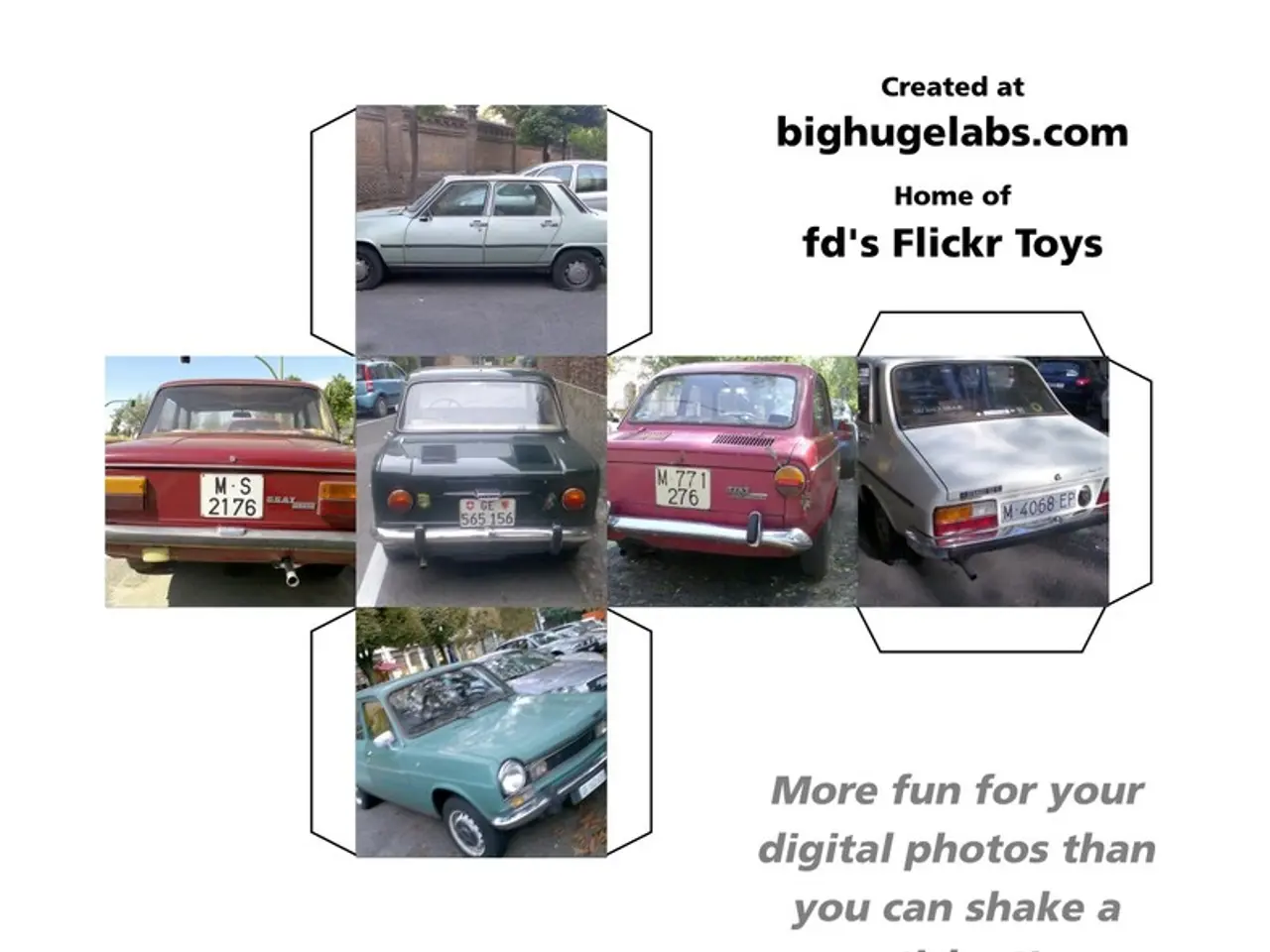Hyundai Launches Pleos Mobility Software Brand During Pleos 25 Event
Hyundai Unveils Software-Centric Mobility Strategy at Pleos 25 Conference
Hyundai Motor Group has announced a comprehensive software strategy to transform its vehicles into software-defined vehicles (SDVs), aiming to become a leading player in the software-driven mobility market. The strategy, unveiled at the Pleos 25 developer conference, centres around the launch of a new mobility software brand named "Pleos".
At the heart of this strategy is Hyundai's proprietary vehicle operating system, designed to boost SDV performance and scalability. This software platform, built on an advanced electrical and electronic (E&E) architecture, is critical for supporting autonomous and connected vehicle functions.
Another key element is Pleos Connect, a next-generation infotainment system set to launch in Q2 2026. With a goal of deployment in over 20 million vehicles by 2030, Pleos Connect redefines in-vehicle infotainment with unparalleled openness and scalability, built on Android Automotive OS (AAOS). It will offer a rich in-vehicle app ecosystem, enhancing user experience through features like adaptive ambient lighting and sound.
Pleos Playground, an open development platform, enables third-party developers to create and control vehicle applications. This platform fosters innovation and attracts global developers, aiming to diversify and accelerate the growth of the in-vehicle app ecosystem. The App Market, part of Pleos Playground, allows developers to distribute applications, mirroring the mobile app experience.
Hyundai is also focusing on cloud connectivity, aiming to evolve towards a "Cloud Mobility" environment. This vision connects all mobility forms through cloud-based software, creating continuous software evolution that integrates vehicles, fleets, hardware, and the broader mobility infrastructure including smart cities.
To strengthen its SDV ecosystem, Hyundai is collaborating with major global technology partners such as Google, Uber, Samsung, Naver, SOCAR, and Unity. These partnerships are intended to accelerate app development and deployment, and expand the SDV ecosystem.
Through the Pleos 25 conference and associated developer programs, Hyundai is actively recruiting developers and business partners to participate in building its SDV ecosystem, emphasizing software development, AI, and autonomous driving technologies.
Hyundai's strategy for implementing SDVs is a holistic approach that combines proprietary software platforms, open developer environments, cloud connectivity, user-centric infotainment, and global partnerships. The goal is to create a scalable, sustainable, and software-driven mobility ecosystem.
In addition, Hyundai Motor Group's Autonomous Vehicle Foundry (AVF) supplies electric vehicles with autonomous driving technologies to global mobility providers. The company is also developing software-defined vehicles (SDVs) by revolutionizing its electrical and electronic (E&E) architecture.
Hyundai Motor Group is targeting the deployment of Level 2+ (L2+) autonomous driving technology by 2027. This advanced system will integrate AI-powered decision-making using cameras and radars to enhance safety and operational precision.
The company is also addressing societal challenges such as mobility equity, regional depopulation, and climate change by enhancing freedom of movement through innovative mobility solutions. For instance, the Next Urban Mobility Alliance (NUMA), a public-private partnership aimed at optimizing urban transit through a cloud-based framework, was announced at Pleos 25. NUMA includes initiatives like Shucle, a demand-responsive transport (DRT) platform, which addresses mobility gaps in underserved areas.
Hyundai's in-house-developed vehicle control operating system introduces a modular, standardized architecture. Moreover, Pleos integrates high-performance chips, cloud infrastructure, a vehicle OS, fleet management, and an infotainment system (Pleos Connect).
Pleos Playground supports Plug & Play (PnP) technology, enabling direct integration of external hardware into vehicles. Developers have access to essential SDKs, APIs, design guides, and sample codes through Pleos Playground.
In summary, Hyundai's software-centric mobility strategy is a bold move towards creating a scalable, sustainable, and software-driven mobility ecosystem. By focusing on proprietary software platforms, open developer environments, cloud connectivity, user-centric infotainment, and global partnerships, Hyundai aims to lead the way in the software-driven mobility market.
- Hyundai's proprietary vehicle operating system, designed to support autonomous and connected vehicle functions, is vital for the company's software-driven mobility strategy in the manufacturing industry.
- Hyundai's Pleos Playground, an open development platform, invites third-party developers to create and control vehicle applications, fostering innovation and diversifying the in-vehicle app ecosystem, similar to app investing in the real-estate of smartphones and gadgets.
- With the goal of deployment in over 20 million vehicles by 2030, Hyundai's Pleos Connect, a next-generation infotainment system, will offer a rich in-vehicle app ecosystem, leveraging technology like data-and-cloud-computing for unparalleled openness and scalability.
- To expand its software-defined vehicle (SDV) ecosystem, Hyundai is partnering with major technology companies like Google, Samsung, and Unity, focusing on app development and deployment, and integrating these partnerships into the finance sector through SDVs.
- In an effort to combat societal challenges such as mobility equity and climate change, Hyundai is developing innovative mobility solutions, such as the Next Urban Mobility Alliance (NUMA), which aims to optimize urban transit through a cloud-based framework, having applications in smart cities and the finance industry.




